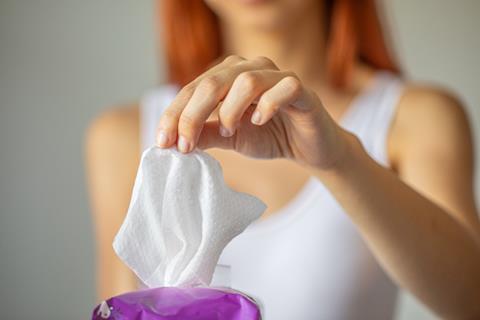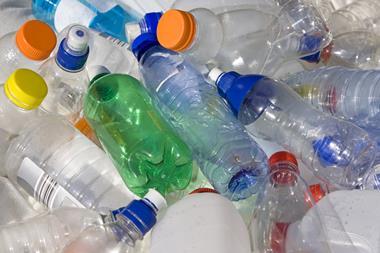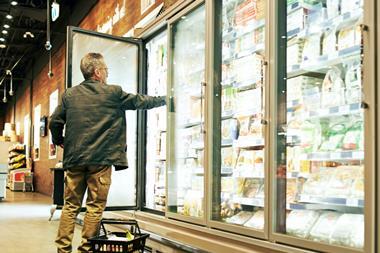
The government’s Plan for Water, which was published today, has laid out ambitions to ban plastic-containing wet wipes in England.
The Plan includes bringing forward measures to end the sale of wet wipes containing plastic – subject to consultation – and writing to the advertising authorities and producers about using the word ‘flushable’ in wet wipes.
It states that the government will work with industry to ensure plastic-free alternatives are available, building on recent action from retailers including Boots and Tesco to do so.
The government will also support the Water UK communications campaign to ‘Bin the Wipe’ and write to the relevant producers and advertising authorities regarding the labelling of wet wipes as ‘flushable’.
Water UK states that wipes account for over 90% of the materials in fatbergs, which it says reduce the capacity of sewers, increasing the likelihood of sewage backing up and flooding homes and sewage discharges into rivers from storm overflows.
Data analyst Mintel has previously claimed that brands who innovate to make wipes more sustainable will appeal to many parents. In its UK Babies’ and Children’s Personal Care Market Report 2022, the firm revealed that 76% of UK consumers have bought baby wipes for their child(ren) and 28% of UK parents with children under the age of 18 consider the environmental impact of their purchasing decisions at ‘all times’.
Campaign group Common Seas believes that the government’s plans should go further to tackle single-use plastic.
Founder and CEO Jo Royle said: “It’s a big step forwards to see the government taking water pollution seriously by proposing to outlaw plastic-based wet wipes.
“But wet wipes are only one of the many plastics that end up in our waterways, in our drinking water, and eventually in our blood. This may be having a serious effect on our health.
“Now we need similarly strong action to see far more single-use plastic items, like carrier bags, plastic bottles and food packaging, phased out to protect human health.”
































No comments yet